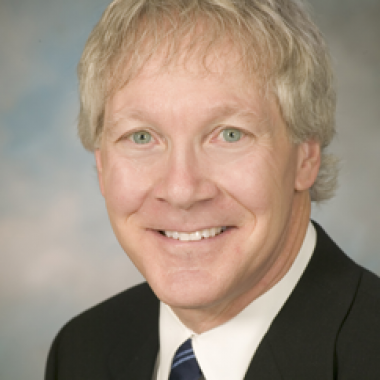Dr. Howard Marc Knoff

Dr. Howard Marc Knoff
President, Project ACHIEVE Incorporated Project ACHIEVE Press
National Consultant, Author, Lecturer
NCSP—Nationally Certified School Psychologist
Licensed Psychologist (Arkansas; formerly in New York and Florida) Certified School Psychologist (formerly in New York and Massachusetts)
Academic Degrees
Ph.D. Syracuse University, Syracuse, New York (School Psychology)
Ed.S. Syracuse University, Syracuse, New York (School Psychology)
M.S. Syracuse University, Syracuse, New York (School Psychology)
A.D. Bowdoin College, Brunswick, Maine (Psychology/Biology)
Professional Experience
Director of Project ACHIEVE
Project ACHIEVE is a research-proven national school improvement/school reform project that has been designated a national model prevention program through the U.S. Department of Health & Human Services’ Substance Abuse and Mental Health Services Administration (SAMHSA), and that serves at-risk and underachieving students, their schools, and their families. Working intensively with school staffs and parents through a multi-year professional development and intervention process, Project ACHIEVE has been responsible for (a) significant increases in student achievement and social development, staff skills and positive school climates, and parental involvement and rapport; and (b) significant decreases in student violence and disciplinary problems, school suspensions and grade retentions, special education referrals and placements, and in the related personal and financial costs that these situations incur.
Director, State Personnel Development Grant
Director, State Improvement Grant
Arkansas Department of Education, Special Education Unit Little Rock, AR
Responsible for all administrative, financial, and implementation aspects of a five-year $1.0 million per year State Personnel Development Grant received from the U. S. Department of Education, Office of Special Education Programs, as a follow-up to a seven-year $1.7 million per year State Improvement Grant (2003-2009).
The most-recent grant’s primary goals were to facilitate the systemic change and improvement of services and supports to all students in schools in Improvement status across Arkansas—so that high levels of these students demonstrate consistent academic and social, emotional, and behavioral proficiency—especially on state benchmark and high-stakes proficiency tests. The grant also targeted districts that were not attaining high levels of effective services and outcomes for students with disabilities. All of this was done by focusing on school leadership, strategic planning, and organizational development; math and literacy instruction and intervention; social, emotional, and behavioral instruction and intervention; and data-based problem solving and Response-to-Intervention services. In addition, the grant had major initiatives in the areas of professional development, parent training and outreach, school-based mental health systems and services, and capacity-building so that the state could continue all of these activities after its completion.
Professor of School Psychology, University of South Florida
Faculty member in the Department of Psychological and Social Foundations (School Psychology Program) teaching graduate-level courses in Organizational Change, Supervision Processes, Professional Issues in School Psychology, Personality Assessment, and Internship/Practicum Supervision; along with research in the areas of organizational change and strategic planning, school reform, social skills and school safety, and consultation; along with service to the field and community.
Director, School Psychology Program, University of South Florida
Responsible for overseeing all facets of the Ph.D. and Ed.S. School Psychology program including program admissions, accreditation, strategic planning, financial aid, and internship opportunities. During this period, the Program became one of the top programs in the nation with over 100 graduates, received over $8 million in Federal and State grants, provided over $300,000 in tuition support per year to its 60 full-time graduate students, and recruited six faculty including two Past Presidents of the National Association of School Psychologists. The Program also received two successive approvals of its Ed.S. and Ph.D. programs through NCATE during this time period, and was successful accredited by the APA at the doctoral level.




